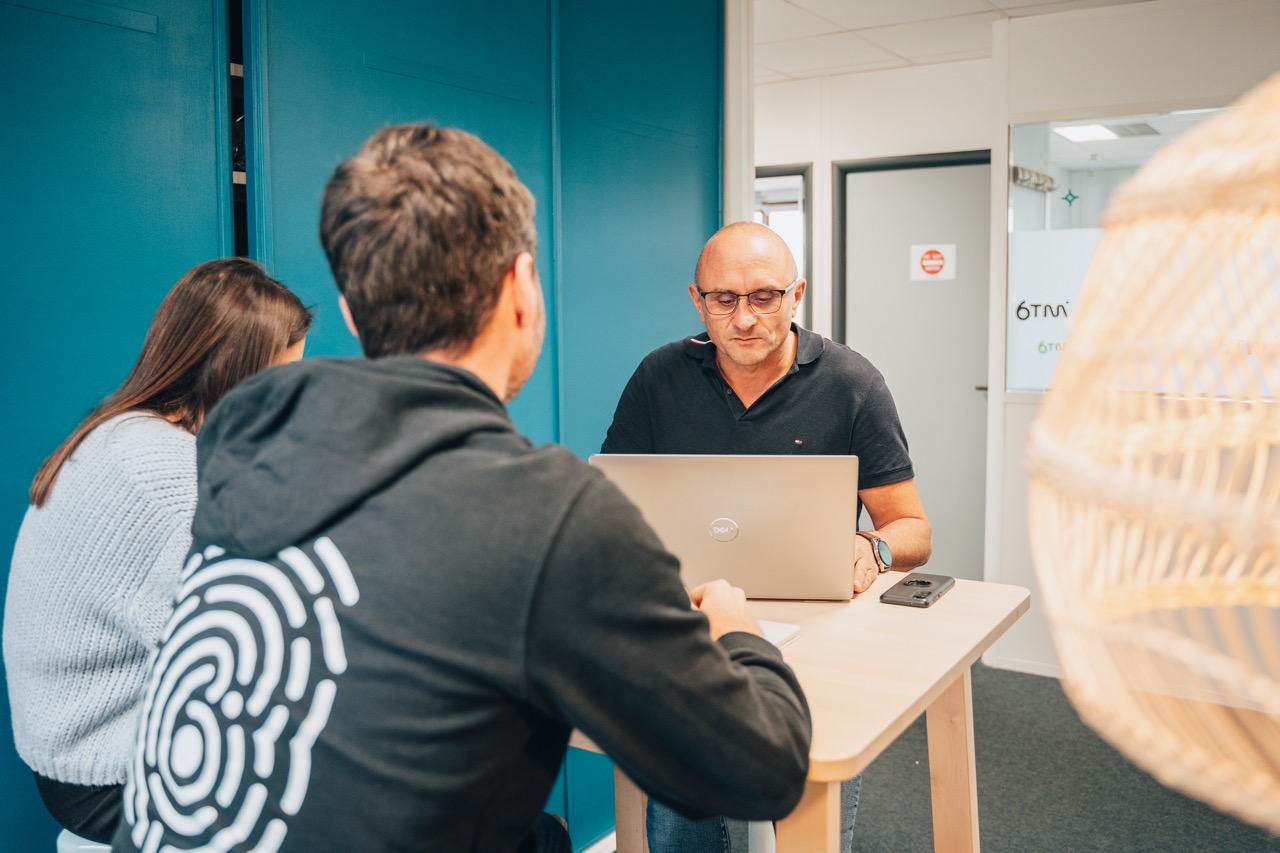Franchising in France continues to stand out for its resilience and appeal, reinforcing its position as a key economic model. Between September and December 2024, the sector experienced notable developments, combining growth, adaptation to new trends, and the emergence of strategic challenges.
Continued growth for a robust model
The franchise sector has once again demonstrated its vitality with impressive figures. In 2024, France recorded 2,035 franchise networks—an increase of 3.2% compared to 2022. Franchised outlets also surged by 9% since 2022, reaching 92,132 units. As for revenue, the results were equally striking: €88.49 billion.
These performances reflect not only the strength of the model but also its adaptability to changing consumer expectations. In this context, franchising stands out as an attractive option for entrepreneurs seeking a proven and scalable business model. Let’s take a look at how recent trends and developments have shaped the sector since fall 2024.
The most dynamic sectors
Several sectors stood out in 2024 for their energy and resilience, confirming their central role in the franchise economy. Leading the way is the food sector, a cornerstone of the franchise model, with an impressive revenue of €32.45 billion—a 15.1% increase compared to 2022. This performance illustrates how food franchises are successfully meeting consumer demands for quality and proximity.
Fast food continues to grow thanks to the rise of delivery and takeout services, aligned with evolving consumption habits. With revenues reaching €8.91 billion (+24.3% vs 2022), this sector remains a key player. At Seenaps, we support innovative brands such as Foud, providing them with our “Train and Engage” module (e-learning and digital operations manual).
The home goods sector (+10.8%, reaching €10.34 billion) and miscellaneous retail (+18.3%, €8.68 billion) also posted solid results. These areas are constantly reinventing themselves to meet consumer demands for sustainability and personalization.
Trends reshaping the sector
The franchise sector is undergoing a major transformation, driven by trends that are redefining expectations from both consumers and franchisees.
Corporate social responsibility (CSR) has become a central pillar. Franchise networks are striving to develop more sustainable and ethical practices: reducing their environmental footprint, choosing local partners, promoting responsible products, and implementing meaningful social initiatives. These efforts not only enhance brand image but also attract entrepreneurs looking to invest in purpose-driven projects.
Technological integration is another major driver of change. The use of artificial intelligence (AI), automation tools, and digital platforms is revolutionizing traditional practices: optimizing logistics, customizing offers, simplifying customer journeys, and collecting data to better meet market demands. These innovations help franchises stay competitive and support their franchisees in an increasingly digital environment.
Lastly, the rise of eco-friendly franchises reflects a growing demand for environmentally responsible solutions. Consumers increasingly favor brands that adopt sustainable practices—supporting short supply chains, reducing waste, or offering eco alternatives. Seenaps, for example, supports Nous Anti-Gaspi, a committed player in the fight against food waste, by helping manage their network. These types of initiatives are gaining strong traction and demonstrate how environmental commitment has become a strategic growth driver.
Upcoming challenges and opportunities
Despite its positive momentum, the franchise sector faces several important challenges. Recruiting and retaining staff is a key issue, with labor shortages and growing expectations regarding working conditions and flexibility. Rapid changes in regulations—environmental or safety-related—require constant network adaptation. Furthermore, intensified competition among brands, especially in high-growth sectors, makes continuous differentiation a must.
To support networks in recruiting new franchisees, Seenaps offers its “Develop” module, designed to help brands expand their network. This module helps structure recruitment strategies and attract the right candidates.
However, these challenges come with opportunities. High-growth sectors like eco-friendly franchises, technology, or niche markets (health, wellness, home services) offer attractive development prospects. These segments cater to specific consumer needs and allow networks to position themselves in promising markets while standing out from the competition. Seenaps supports you in seizing and managing these opportunities with our “Strategic Management” module. It allows you to monitor performance and adjust your strategy to capture market potential.
Conclusion
Between technological innovation, ecological transition, and responding to new consumer expectations, the franchise sector is undergoing a transformation. The past few months have confirmed the networks’ ability to evolve and grow stronger in the face of challenges. With continued growth and diverse opportunities, the franchise model is ready to enter 2025 with optimism and ambition.




